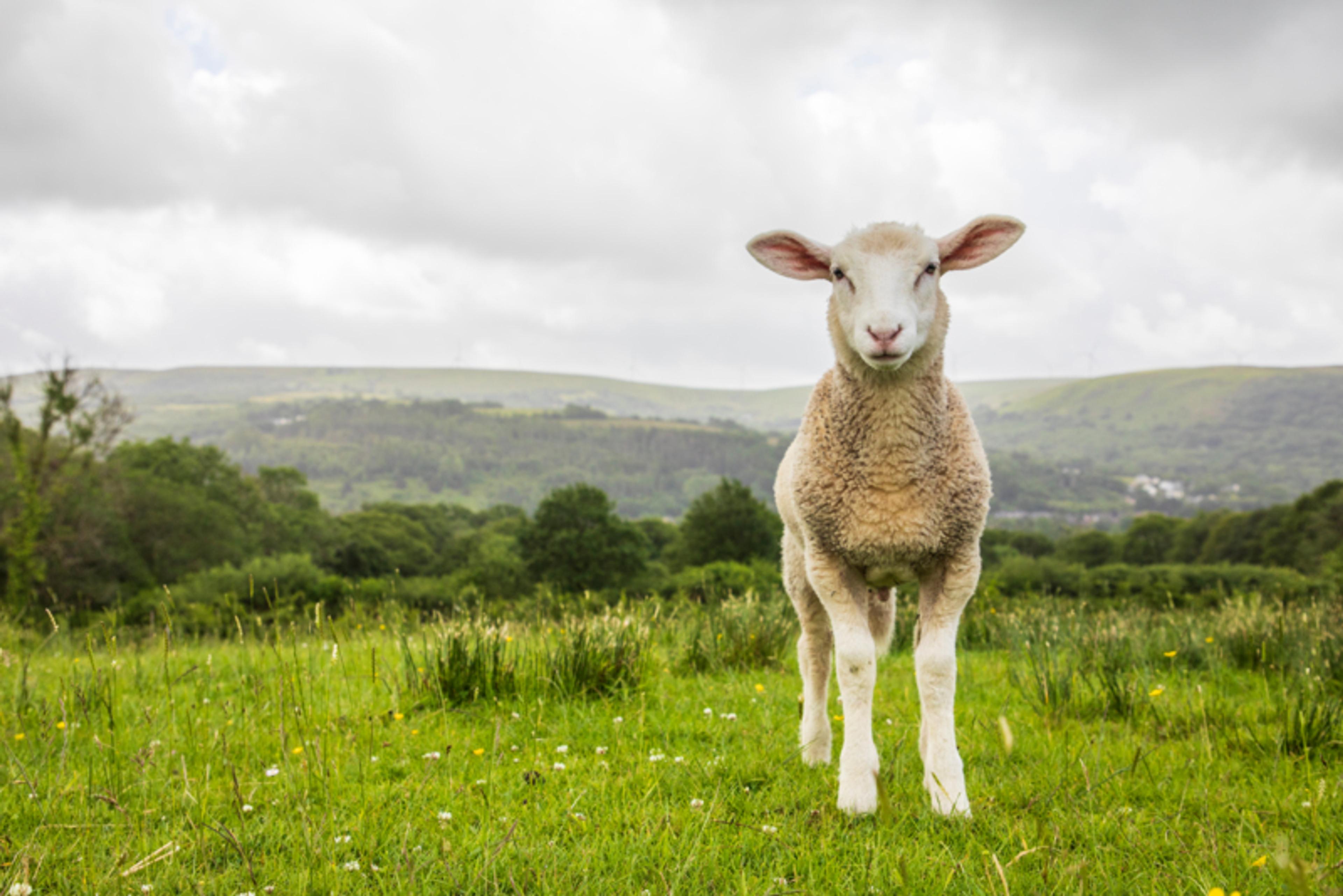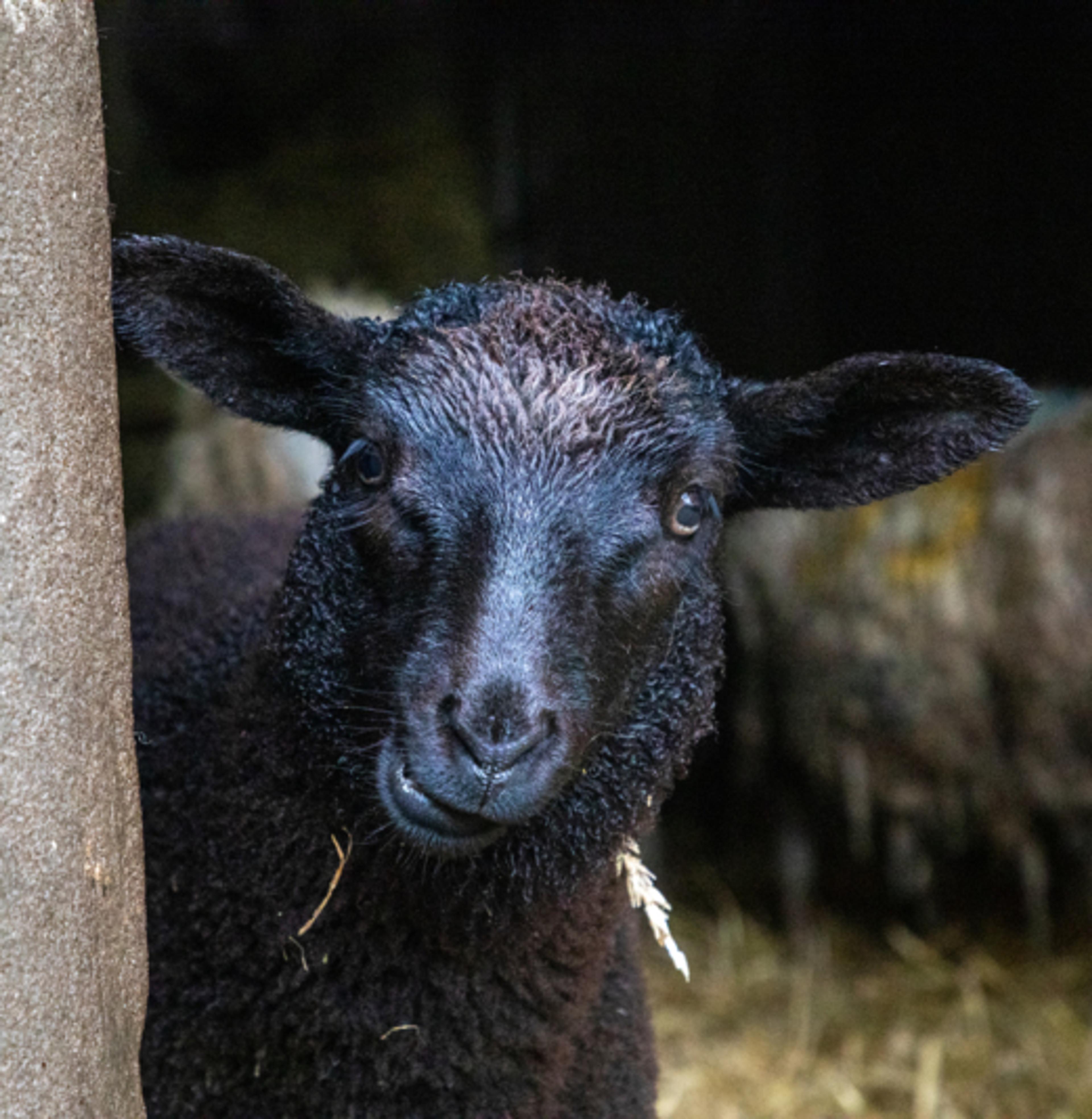
Sheep
Sheep
More than 600 RSPCA welfare standards must be met for lamb and mutton to be labelled RSPCA Assured.
Sheep must have access to pasture during the spring and summer months and have plenty of space to move around when they’re indoors.
They can’t be transported for more than eight hours to help keep them calm and comfortable.
The RSPCA standards require...
Plenty of space
Sheep can exercise and socialise freely – and move away from other animals if they choose to.
Access to grazing
Sheep should receive as much of their nutrition as possible from grazing in the field. They enjoy being out at pasture, and a high-fibre diet, like grass, is good for their health.
A comfortable environment
Sheep must have plenty of space and enough bedding so they can lie down and rest.
Health-boosting colostrum for lambs
Lambs must be allowed to suckle colostrum from their mother after birth. It’s packed with nutrients and antibodies and helps boost lambs’ immune systems.
Sheep must be ‘sheared’ at least once a year
Breeds with woolly fleeces should have them removed – carefully and with minimal stress – to keep them comfortable and help them regulate their body temperature.
The legal minimum...
Less space to feed
This may lead to increased competition for food, making eating more difficult and stressful for some sheep.
Sheep can be fed an unbalanced diet
There’s no restriction on the amount of ‘concentrates’ (grains or man-made pellets) sheep are given. This unbalanced diet can cause digestive illnesses and obesity.
No bedding
Bare slatted floors are uncomfortable for sheep to lie on.
No veterinary health plans
If farmers don’t put plans in place to reduce disease, more sheep could get sick.
Longer journey times
Sheep can be transported for up to 28 hours (with a break)
Out in the field

“There’s a common misconception that sheep are a bit daft, but studies have shown they can experience a wide range of emotions, from fear and boredom to excitement and happiness. Their environment, health and care can have a huge influence on this, so improving their welfare is very important.”
Barrie Gibson, RSPCA Assured assessor